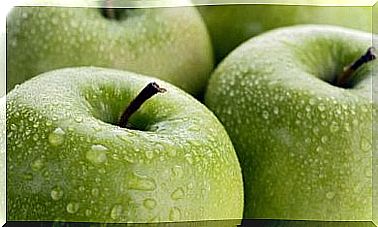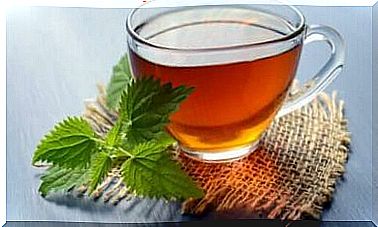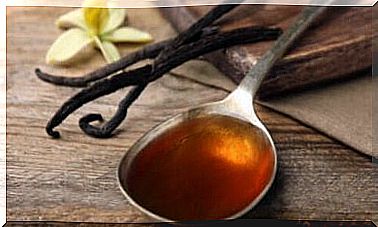6 Foods Beneficial For Brain Health
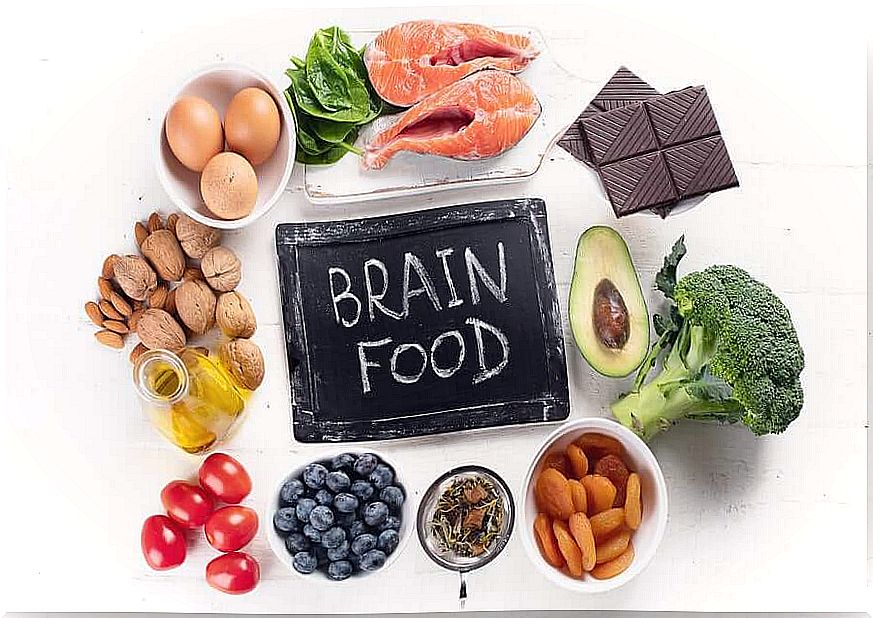
The brain is, without a doubt, our most valuable and important organ as it acts as the director of our body. We reason, we think, we talk, we move and, in short, we live thanks to him. Therefore, in order for this organ to remain healthy, strong and lucid, we recommend a list of the most beneficial foods for brain health.
The brain is the organ that allows us to feel and be aware that we are alive. So how we take care of it will determine our quality of life. This vital organ needs a healthy diet and lifestyle; therefore, not all foods are equally beneficial for brain health.
Why is it important to maintain good brain health?
It is clinically proven that people who remain physically and intellectually active have a higher quality of life, are more independent, have more initiative and relate better. Since it is a muscle, the brain also atrophies.
Just as you need to exercise your body to keep your muscles in shape, you also need to exercise your brain. In addition to exercise, the diet also plays a very important role in caring for the brain.
Foods beneficial to brain health
1. Blueberries

Red and purple fruits are important sources of polyphenols, substances that help fight oxidative stress. Blueberries, therefore, help prevent or delay degenerative brain diseases such as Alzheimer’s disease.
The vitamin C present in these fruits also has the ability to lower lipid levels and optimize neuron function.
2. Broccoli
Broccoli is the star of vitamin K, along with Brussels sprouts and green leafy vegetables. In some studies, it obtained very positive results not only in its already known and indispensable role in blood clotting, but also in treatments for Alzheimer’s disease.
A survey by the University of Montreal, Canada, showed that the elderly who had more vitamin K1 were better able to speak better, improve their verbal expression and have greater retention of information.
3. Oily fish
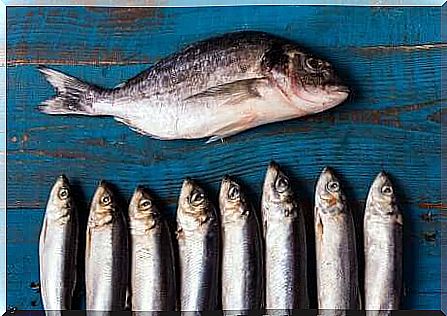
Salmon, tuna, mackerel and sardines are foods rich in omega-3 fatty acids, essential for neuronal functions. These nutrients are also effective in slowing the progression of mild cognitive impairment and can help prevent diseases such as Alzheimer’s and Parkinson’s.
4. Egg yolk
Egg yolks contain choline, a nutrient that belongs to the B-complex group of vitamins that strengthens the nerve connections of neurons. Foods that contain more choline are eggs, red meat, peanuts, chicken, cod, milk, Brussels sprouts, garlic, among others.
According to some studies, an increase in dietary intake of choline can provide improvements in cognitive performance and could also protect against memory loss.
5. Oats
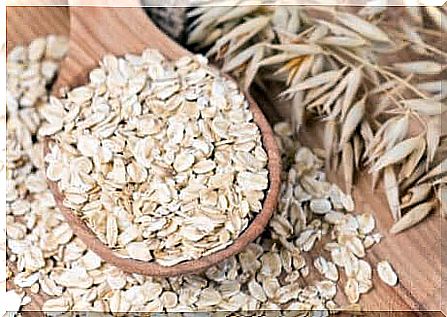
Another food that should not be missing from our shopping list. Eaten for breakfast, oats help control blood sugar and cholesterol levels, two key parameters for brain health.
In addition, we are facing a good ally for the balance of the nervous system because, in addition to containing vitamin B1, it has properties that promote concentration and intellectual performance. As if that wasn’t enough, it also has anxiolytic properties and is perfect for combating stress.
6. Dark chocolate
Cocoa is rich in flavonoids, a natural compound with antioxidant and neuroprotective effects that improve cognitive performance and reduce the risk of dementia. In addition, cocoa contains stimulating substances, such as caffeine and theobromine, which promote concentration.
On the other hand, scientific studies have shown that dark chocolate protects the brain from inflammation and the neurodegenerative effects of toxic air pollution, which also affect bowel function, heart and lungs.
Chocolate, like any other food, should be consumed in a balanced way, as too much will be harmful. Whenever possible, make sure you are consuming dark chocolate that is as pure as possible to prevent its properties from being altered.
We hope you’ve been encouraged to include these brain-healthy foods in your diet. We also recommend that you do mental exercises that improve the brain’s ability to remain lucid and active despite the passage of time.


